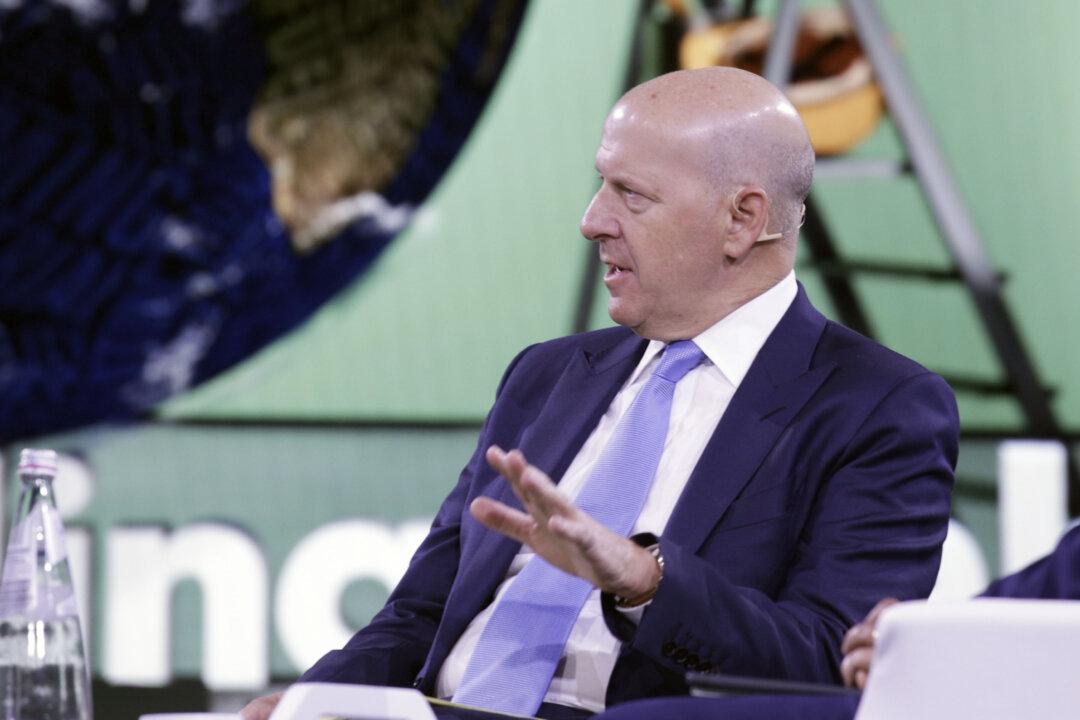Despite what’s happening in Ukraine, it was not the responsibility of businesses to engage in politically-motivated exits, according to Goldman Sachs CEO David Solomon, as his bank decided to leave the country following a multitude of international corporations that have forfeited their operations in Russia.
The task of deciding a boycott lies with the United States government, while the job of a financial institution is to make sure it is “executing against the legal letter of the law of those sanctions,” as well as the spirit of the sanctions, Solomon said in an interview with Time magazine.





